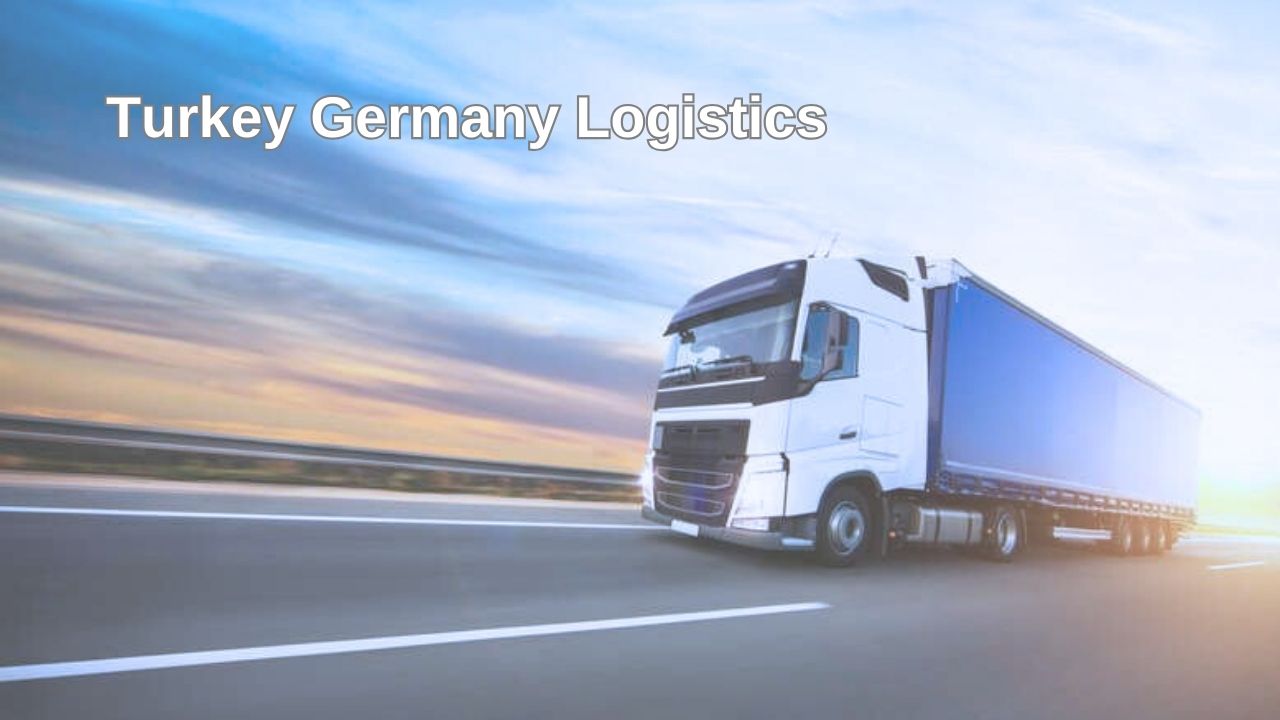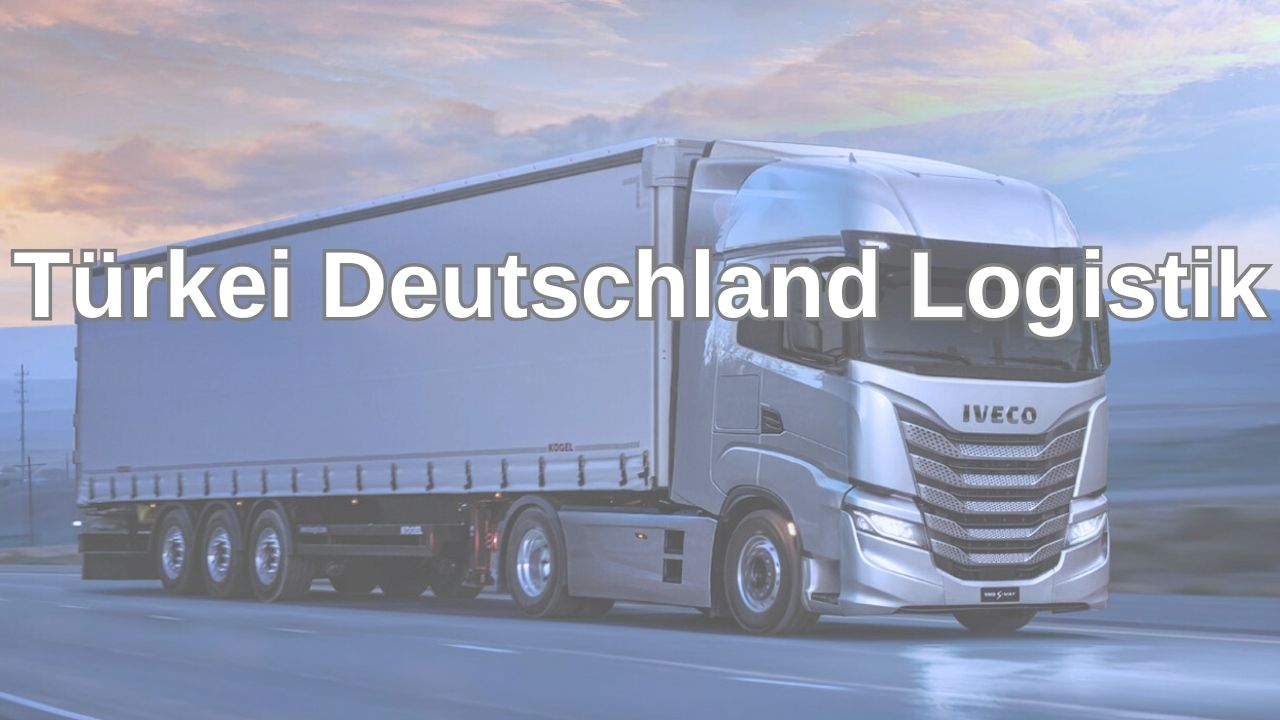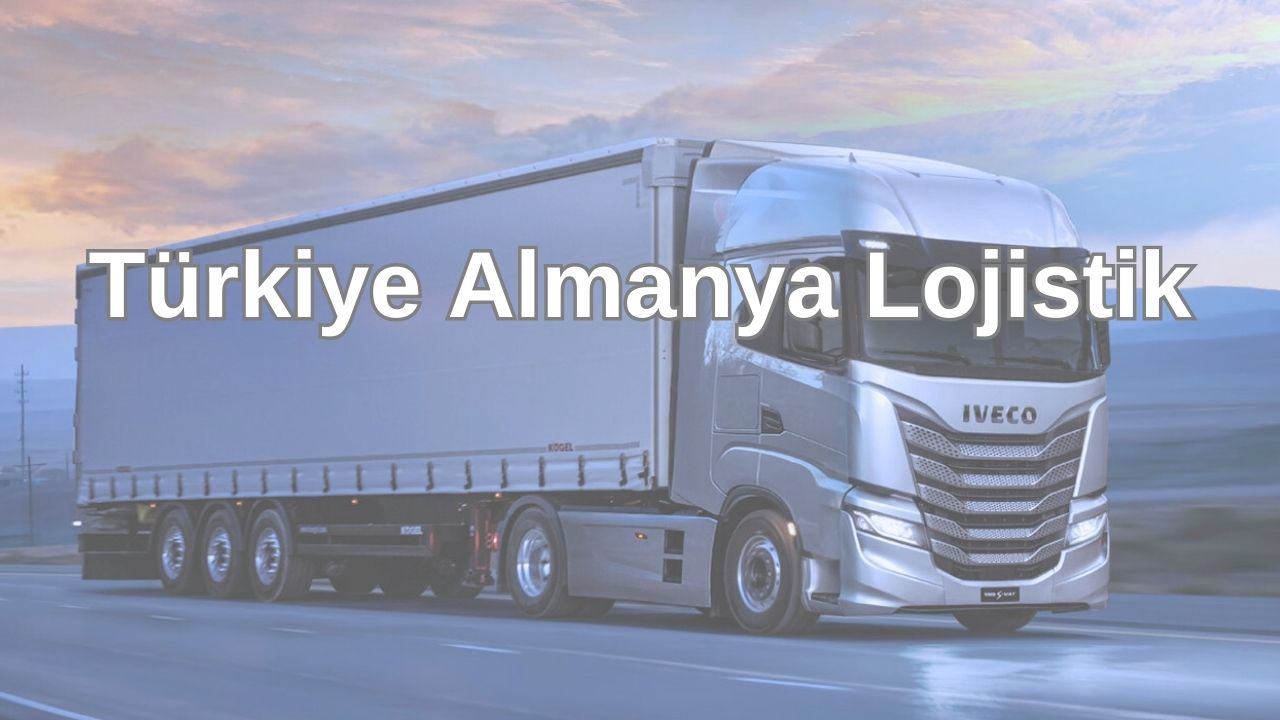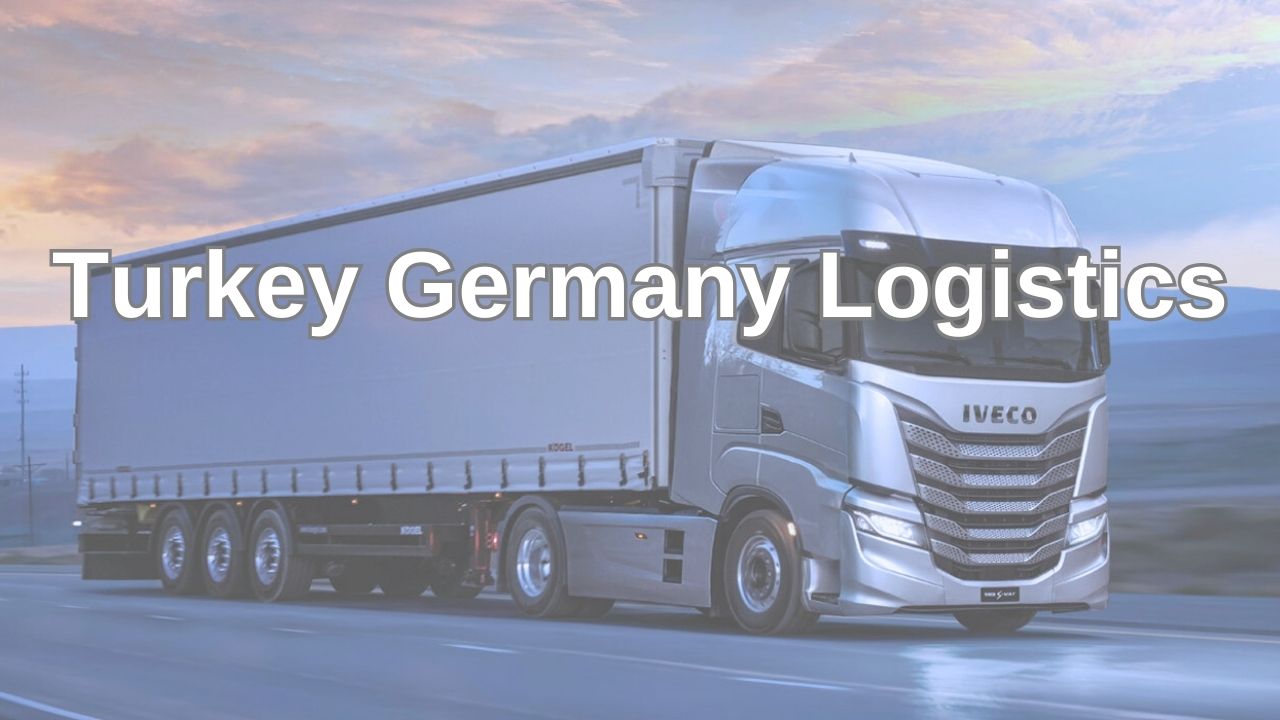News
Turkey Germany Logistics
How to manage logistics services between Türkiye and Germany?
To effectively manage logistics services between Turkey and Germany, you should conduct needs analysis and planning, consider legal and regulatory requirements, and evaluate appropriate transportation and handling options. You should choose reliable logistics partners, track processes using technology and tracking systems, optimize storage and distribution processes, and ensure risk management and communication and coordination. These steps will help you run your logistics processes more efficiently and smoothly.

What are the difficulties encountered in Türkiye-Germany logistics processes?
Logistics operations between Turkey and Germany are subject to strict customs regulations and rules. Customs procedures must be carried out correctly, correct documentation must be provided and tariffs must be paid appropriately. This can increase the complexity of bureaucratic processes, especially in import and export transactions.
Different standards and certification requirements between Turkey and Germany may cause compliance issues in logistics processes. In particular, obtaining the certificates required for products to meet quality and safety standards may take time and extend the process.
Speaking different languages can cause communication problems. Effective communication with all stakeholders involved in the logistics process is critical to the smooth running of the process. Language barriers can cause problems, especially when documents and instructions are not understood correctly.
The distance between Turkey and Germany can create various difficulties in the transportation process. The choices between different transportation methods (road, sea, air) should be evaluated effectively in terms of cost and time. In addition, transit times and logistics planning can cause delays.
Effective logistics planning is essential in warehousing and distribution processes, especially when managing large volumes and diverse products. Factors such as warehouse capacities, stock management and distribution times can affect the efficiency of operations.
In international logistics processes, it is important to manage risks. Risks such as damage, loss or theft that may occur during transportation should be minimized with insurance and security measures. In addition, emergency plans and rapid response mechanisms should be established.
Cultural differences in the way of doing business can cause compatibility problems in business relationships and processes. Understanding the business cultures between Turkey and Germany and managing these differences is the key to a successful logistics process.
These challenges are important factors to consider for the effective management of logistics processes between Turkey and Germany. Good planning, accurate information and effective communication are critical to overcome these challenges.
What are the best practices in transportation between Türkiye and Germany?
Before starting the transportation process, it is important to make a detailed plan and perform a needs analysis. You can choose the most suitable transportation method by evaluating factors such as the type of products, volume, transportation frequency and delivery times. During the planning phase, you should also consider transportation routes and possible risks.
In transportation between Turkey and Germany, full compliance with customs regulations is a critical factor. Prepare the necessary documents and permits in advance to complete customs procedures quickly and correctly. Also, be aware of customs duties and tariffs and include these costs in your transportation budget.
Evaluate the transportation method (road, sea, air or rail) to be used in transportation in terms of cost, speed and safety and choose the most suitable option. Considering the advantages and disadvantages of each transportation method, choose the option that best suits your needs.
Modern logistics management involves the use of technology. GPS tracking systems allow real-time tracking of transportation processes. In addition, technologies such as automatic data transfer and ERP systems help manage logistics operations more efficiently.
It is important to establish effective communication with all stakeholders in the transportation process. It is necessary to ensure open and regular communication between logistics teams between Turkey and Germany, ensuring the flow of information at every stage of the process. To avoid communication problems, consider the language and cultural differences of both countries.
Optimize warehouse management and distribution processes to ensure that products are in the right place at the right time. Effectively organize warehouse layouts, inventory management, and order processing systems. Also, evaluate factors such as route planning and carrying capacity to increase efficiency in distribution processes.
Create a risk management plan to minimize risks that may be encountered during transportation. Evaluate insurance options and take precautions against damage, loss or theft that may occur during transportation. Prepare emergency plans and respond quickly to potential disruptions.
Reduce environmental impact by adopting sustainable transportation practices. Environmentally friendly practices such as energy-efficient transportation methods, recyclable packaging, and carbon footprint reduction strategies make your logistics processes more sustainable.
Who are the most reliable suppliers for Türkiye-Germany logistics services?
The most reliable suppliers for logistics services between Turkey and Germany include DHL, Kuehne + Nagel, DB Schenker, DSV, Geodis, Rhenus Logistics and UPS. These companies are known for their high-quality transportation services, extensive service networks and international experience. While DHL and Kuehne + Nagel are known for their comprehensive customs services and fast delivery times, DB Schenker and DSV offer integrated logistics solutions. Geodis offers high standards in warehouse management and international transportation, while Rhenus Logistics and UPS provide reliable transportation and flexible logistics solutions. These suppliers provide a strong foundation for managing your logistics processes between Turkey and Germany efficiently and reliably.
How can you reduce logistics costs between Türkiye and Germany?
There are several strategies you can implement to reduce logistics costs between Turkey and Germany. First of all, it is important to optimize transportation methods; you can reduce costs by choosing the appropriate transportation mode. You can reduce transportation costs by consolidating cargo and combining small shipments. In addition, improving supply chain management can increase efficiency and help you keep costs under control. You can reduce your costs by reviewing your storage and distribution processes and by using more effective warehouse management and distribution routes. You can make your logistics processes more efficient and optimize costs by using technology. Managing customs and tax transactions correctly and completely can help you avoid additional costs. Optimizing energy and resource usage can also reduce costs. Finally, you can avoid additional costs that may occur during transportation by developing appropriate insurance and risk management strategies. With these strategies, you can reduce your logistics costs and manage your processes more efficiently.
What documents are required in Türkiye-Germany logistics processes?
In the logistics processes between Turkey and Germany, various documents are required for the orderly execution of transportation and customs transactions. The most important of these are the trade invoice, packing list, customs declaration, certificate of origin, transport document, insurance policy, export and import licenses and health and safety certificates. The trade invoice indicates the value and details of the goods, while the packing list shows the contents of the shipment in detail. The customs declaration provides information about the type, quantity and value of the goods. The certificate of origin indicates the country where the goods were produced. The transport document verifies the transportation and delivery of the goods, while the insurance policy provides protection against possible risks during transportation. Export and import licenses ensure that certain products are transported legally. Health and safety certificates are especially necessary for special products. These documents allow you to carry out your logistics processes smoothly and within the legal framework.



